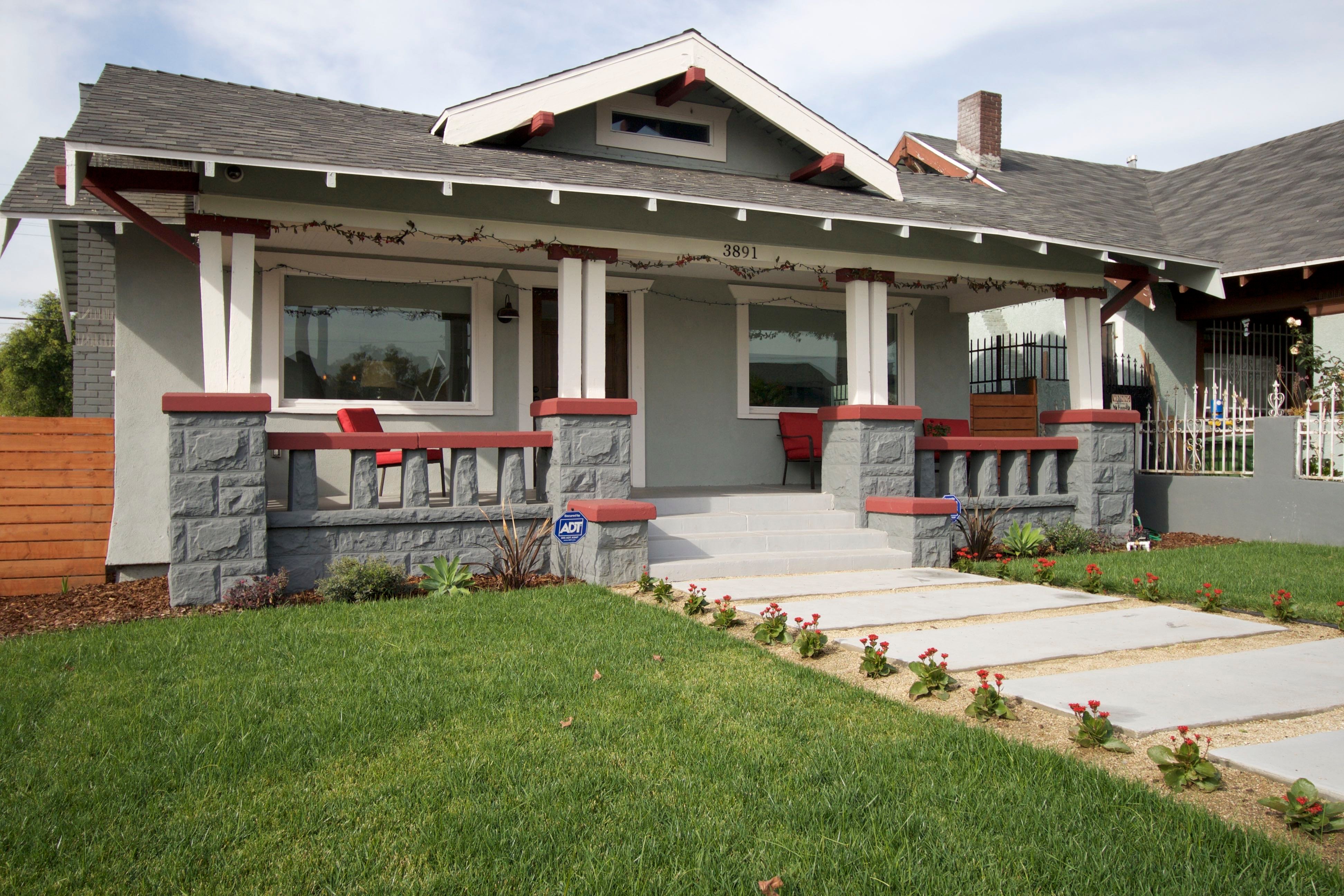Today, Airbnb and other sharing companies are finding themselves in the middle of the liability question. Although their primary business is to connect guests with hosts, they are beginning to venture into the area of protecting their hosts and their guests in different ways. The question of how far that protection to both parties should extend is a complicated one.
Currently, Airbnb offers primary liability insurance to hosts while at the same time claiming that they cannot be liable for the actions of their hosts. A few incidents in recent years have brought the safety and liability question into the spotlight including an accidentally death of a man using a tire swing on a dead tree at an Airbnb and a host's dog mauling a guest in Argentina. Although problems like this are generally rare, an Airbnb host can take some important Airbnb safety measures to protect herself or himself against potential incidents.
Invest in Extra Insurance
In general, your homeowners insurance policy will not cover any activities that occur at your home when they are related to any commercial ventures. You can call your insurance provider and explain your situation and see what your agent recommends for coverage. If they do not have a specific product to meet your needs, you may want to invest in an overall umbrella policy that can protect you from just about anything that happens on your property.
The biggest risk for hosts and property owners is that a guest sues you personally for an accident or injury that occurs when staying at your home. Such a suit can be financially devastating and demands attention if you plan to operate in the short-term rental market.
Although Airbnb provides some level of protection with its Host Protection Insurance, there's a chance that the company won't cover a particular claim and may not be able to protect you from a personal lawsuit. That's why taking the time to research and protect yourself from that potential lawsuit, however small the chance, is well worth the investment.
Pay for a Third-Party Safety Inspection
In most cities, home inspection companies can provide some basic services to look at your property and identify things that should be repaired or replaced. Inspectors can flag anything that could be dangerous, allowing you to make upgrades and changes to minimize the potential for problems. Home inspections are part of normal protocol when buying and selling properties so many inspection companies exist. You can look online or contact a local a real estate agent for recommendations.
You can also check with local associations that might provide inspection services for area bed and breakfasts or even hotels, and they may be able to refer you to inspectors who specialize in short-term rental properties as well.
At the minimum, your local fire department can come out for a minor fee and point out any potential fire hazards that can be eliminated or corrected.
Provide Basic Safety Items at Your Rental
Each room of your property should be equipped with smoke detectors and carbon monoxide detectors, and they should be checked and tested regularly. In addition, provide fire extinguishers in the kitchen and in any other high-risk areas like near a barbecue or fire pit outside. Keep an eye out for developing technologies that can help monitor safety devices throughout your home whether it is occupied or not and send you regular alerts.
Provide things like first aid kits in key areas of your rental. Consider other Airbnb safety measures that you could take that are specific your particular property. For instance, if you host a lot of families, you might want to provide some baby-proof or child-proof devices. If you have a hot tub or pool, you might want to provide locks for covers or gates or other safety items to help protect your guests.
Be sure to include clear communications about safety in your welcome book. Include the location of fire extinguishers, first aid kits, and combinations to locks on pools and hot tubs. Explain how to get out of your home from each level or room in case of a fire. Provide emergency phone numbers, locations of hospitals and pharmacies, and another other information that can help your guests be prepared for any emergency.
Be Transparent and Comprehensive
Take the time to accurately describe your short-term property on your listing. If you have animals living at the property, be sure to disclose that on your listing. Even if you allow guests to bring animals with them, this should be specified in case other guests have severe allergies to particular animal dander or hair.
Be sure note things like proximity to bodies of water or busy streets as well as amenities like secure fencing. If guests are traveling with small children, they may not appreciate the pond next door, the large wooded lot in the back, or the downtown location with heavy traffic.
Be considerate, honest and caring, and try to think about your guests as someone's mother, father, sister, brother or child.
Although you can't expect to eliminate all accidents or injuries, you can take some basic steps to help ensure the safety of your guests as best as possible and protect yourself against potential liabilities.
Have other safety and liability tips for Airbnb Hosts? Let us know in the comments below!
.png?width=1000&height=627&name=air+concierge-logo-black+(1).png)
